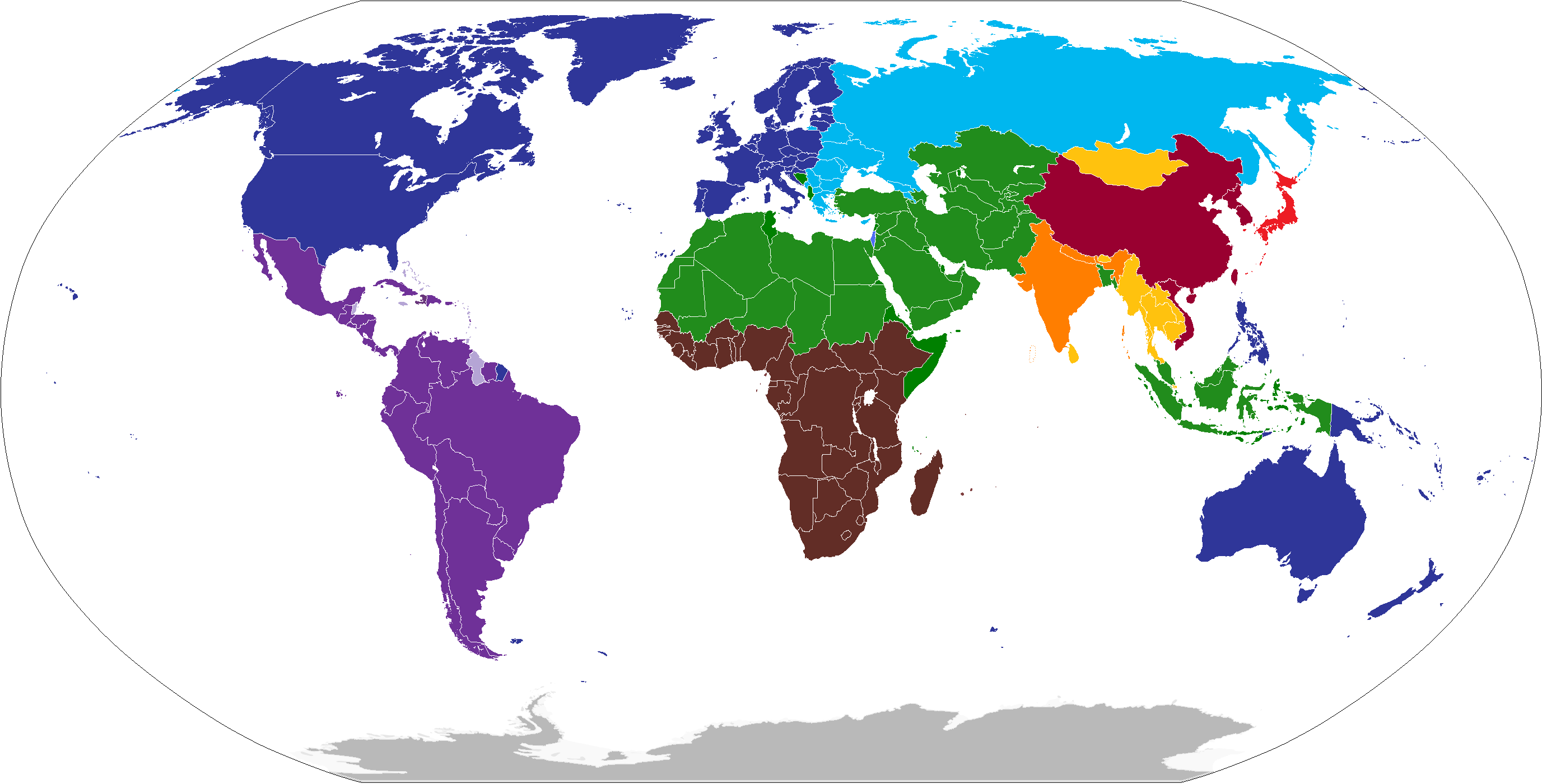During World War II the Japanese had seized Western possessions in the Far East and had initially defeated Western armies, ending the myth of Western supremacy.
Even though Japan was defeated in the end, Western prestige did not recover. Everyone knew that the French and Dutch had not really won, that British power had been seriously weakened. The only real victors in the war were the United States and the Soviet Union, each in its way anti-colonial.
The causes of anti-colonialism lay in the record of Western expansion and in the Western tradition itself. Westerners brought with them the Bible, the American Declaration of Independence, the French Declaration of the Rights of Man, The Communist Manifesto. It was hardly possible to keep on insisting that “all men are created equal” meant “white men are created superior.” Western imperialism carried within itself the seeds of self determination for all peoples.
Even if stimulated by the West, independence movements in Asia and Africa were nonetheless authentic movements from within. Nationalism had been implanted in some lands, unleashed in others. At first modernization tended to take the form of imitation of the West, but such imitation was quickly combined with a desire to preserve traditional culture.
Educated non-Westerners wanted independence. Many were revolutionaries; some admired the Bolshevik revolution, and a few were trained in Moscow. A great many Westerners made the mistake of assuming that these people did not represent the local populations and that the great colonial masses were indifferent as to who governed them. Instead, the urban masses and then, more gradually, the peasant masses began to demand that the foreigner go.
Often this demand was sharpened by the rapid increases in population made possible by the dramatically lower death rates resulting from the sanitary engineering, medical facilities, and law and order imposed by the imperialist powers. Thus, within two decades of the end of World War II, the British, French, Dutch, Belgian, and American empires were virtually dismantled, and by the late 1980s only the Soviet empire remained.
Through the Commonwealth of Nations, Britain continued to exert considerable influence in parts of its former empire, though some former colonies either declined to join the Commonwealth or resigned from it. The French retained substantial influence in French-speaking West Africa, and the Americans in the Philippines and Panama. But many former colonial dependencies formed a determined neutralist block.
Some looked to the Soviet Union, others to Communist china for technical assistance. Increasingly those parts of the former empires that were primarily Islamic began to unite in a common policy of opposition to Israel, which led them to take positions that were basically anti-Western. Of the great non-Western nations, only one aligned itself unequivocally and consistently with the West: Japan.

